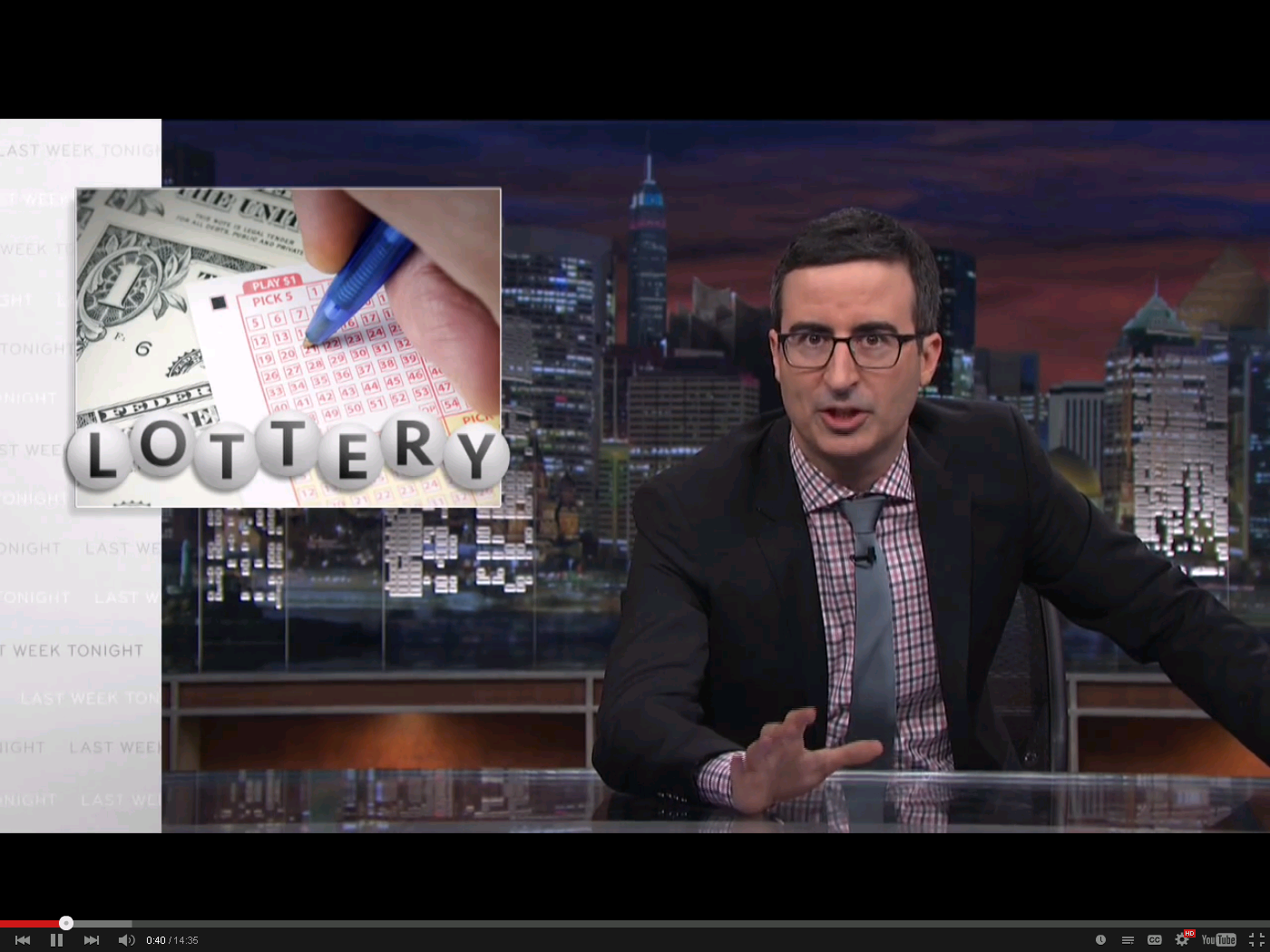Lotteries
“No Taxation By Exploitation:” Les Bernal Testifies Before Congress
The U.S. has a lottery problem. But it’s not the people buying tickets.
From The Washington Post:
Despite their role in increasing economic inequality, lotteries remain remarkably popular in the United States, as millions of players believe in the distant chance that a lucky gamble will change their life. In 2014, annual sales reached over $70 billion, and Americans spent more on lottery tickets per year than they spent on books, sports tickets, music, video games and movie tickets combined.
The United States has a lottery problem, but it runs much deeper than players duped by a “stupid tax.” Public officials need to address the nation’s lottery addiction. When they do so, however, they need to consider not only the root causes of lotteries’ popularity — for example, declining access to social mobility and the concentration of lottery outlets in poor neighborhoods — but also the beliefs about taxes and state revenue that ushered in lottery legislation in the first place.
In System With Little Oversight, Connecticut’s Biggest Lottery Winners Often Pay Huge Price
Lottery players in Connecticut spend millions on tickets every day, most chasing a once-in-a-lifetime dream that never comes. But a handful of big winners show up again and again, seemingly beating astronomical odds to rack up dozens, even hundreds of sizable payouts.
A first-ever analysis of lottery winnings dating back to mid-1998, conducted by The Courant in collaboration with students at the Columbia School of Journalism, found 57 people who have won $1,000 or more at least 50 times. A dozen have won that much at least 100 times.
For those in Connecticut who have beaten the odds an extraordinary number of times, chances are most of them have spent far more on tickets than they have won.
Gambling Away Our Moral Capital By William Galston and David Wasserman
This essay ran in The Public Interest in 1996. It remains one of the most persuasive about the ways in which state-sanctioned gambling severely damages American society and worsens people’s lives.
Warren Buffett Speaks Out Against Government-Sanctioned Gambling
Survey finds just 4% of gambling profits derived from casual gamblers
This study by the Nova Scotia Department of Health found that only 4% of net gambling machine (or so-called “video lottery”) revenue was derived from “casual” players, even though they comprise 75% of players. Meanwhile, 96% of the revenue was derived from under 6% of the population who were classified as “regular gamblers.” About 16% of these regular gamblers were “problem gamblers” and they alone generated 53% of machine revenues even though they make up under 1% of the total population.
Columbia School of Public Health declares gambling addiction as one of the biggest health issues in America
The Columbia University School of Public Health, one of America’s leading public health programs, published a national investigation into the massive public health impacts of government-sponsored casinos and lotteries. Led by Elaine Meyer, this must-share article spotlights how predatory gambling is harming millions of Americans and the communities they live in.
Newspaper series spotlights predatory and fraudulent business practices of Oregon Lottery
This must-read series from The Oregonian details the business practices of the Oregon Lottery. It represents one of the very best investigative journalism efforts into state lotteries ever done.
2013 Oregon Lottery- Revenues grow on the increase in video slots games
2013 Oregon Lottery- Agency pushes slot machines as problem gamblers pay the price
2013 Oregon Lottery- Games, like tobacco earlier, could face liability lawsuits
2013 Oregon Lottery- Reader stories of state-sponsored addiction (day 1)
The Relationship Between State Lotteries and Government Assistance Payments
This paper examines United States lottery revenues and finds an increase in lottery activity during weeks in which transfer payments (i.e. Aid to Families with Dependent Children, Social Security, disability, etc.) are distributed. Revenues from state lotteries are also shown to increase during the week transfer payments are distributed. The timing of the increase in lottery purchases suggests a portion of the transfer payments is used to purchase lottery tickets.

